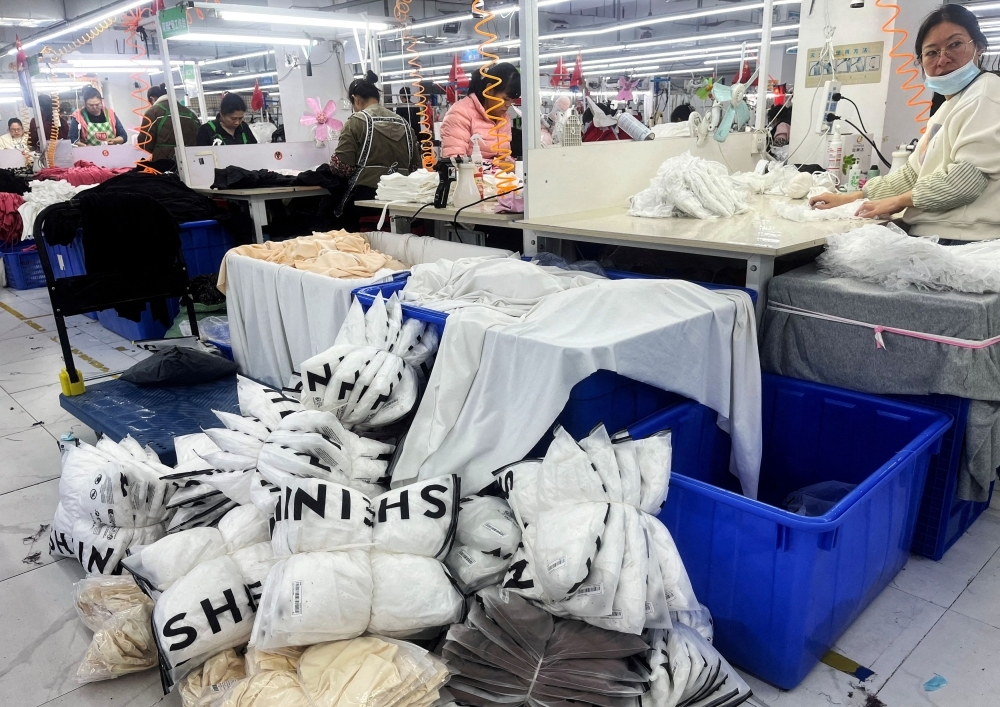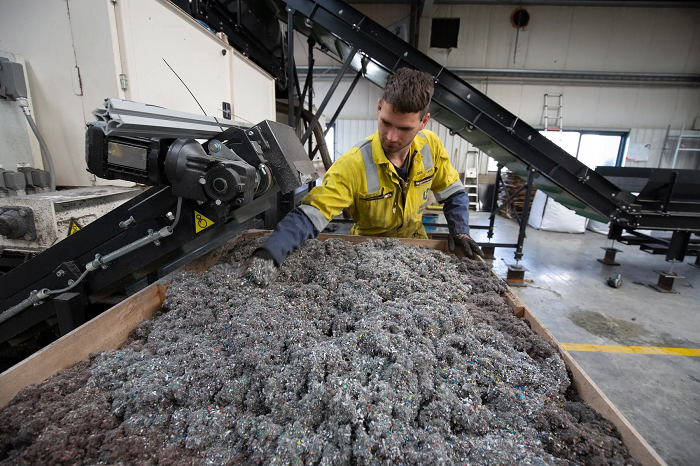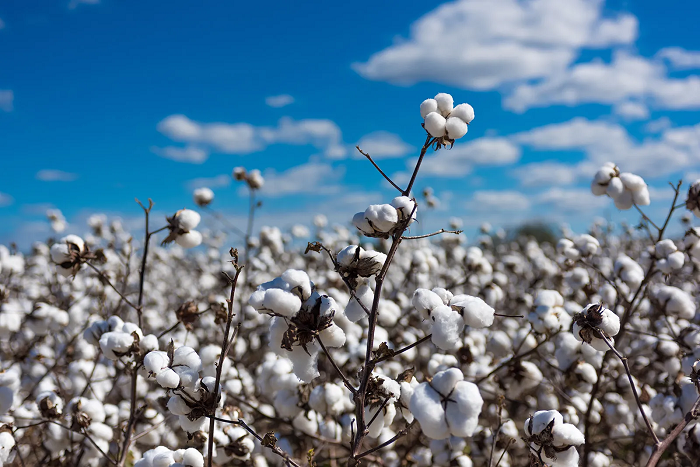In Q2 of fiscal year 2024, Pakistan's Textile Composite sector witnessed a steep 57.8 per cent Q-o-Q in net profits, falling to Rs5.14 billion compared to Rs12.17 billion in the previous quarter. Textile industry in the country faced significant challenges due to soaring energy costs, leading to a downturn in profitability and partial shutdowns across the sector.
Global economic uncertainties, including rising production costs and frequent energy shortages, further compounded the industry's difficulties.
One major issue affecting the sector is the burden of cross subsidies on energy costs imposed by the regulator. While regional competitors have seen their exports flourish, Pakistan has struggled to increase its exports during fiscal year 2024.
According to Mettis Global's analysis of income statements from four Textile Composite companies, the sector experienced a 7.2 per cent Q-o-Q decrease in sales revenue, amounting to Rs119.3 billion compared to Rs128.6 billion in the previous quarter.
Cost of sales decreased by 5 per cent Q-o-Q but did not proportionally align with the decline in sales, resulting in a 16.7 per cent Q-o-Q decrease in gross profit to Rs 20.4 billion. Selling and distribution expenses decreased by 5.7 per cent Q-o-Q, while other operating expenses dropped by 40.9 per cent. However, administrative expenses rose by 5.5 per cent, reaching Rs 4.1 billion.
During the review quarter, the sector's other income decreased by 50.5 per cent Q-o-Q to Rs3.1 billion, while finance costs increased by 11 per cent to Rs 7.7 billion, primarily due to high borrowing costs. The Export Refinance Facility rate rose to 19 per cent, and the average rate for KIBOR-based financing increased to 22 per cent.
Despite global economic improvements, Pakistan's macroeconomic indicators continue to present challenges, including geopolitical uncertainties and supply chain disruptions.
According to Gul Ahmed Textile Mills, some of these challenges include ongoing conflicts, geopolitical uncertainties, recent hikes in gas prices that have made export sectors less competitive and a shortfall in the domestic cotton crop, that has necessitates the import of cotton bales to meet industry demands.
Adhering to the terms of the IMF's Stand-by Facility, the government has implemented significant hikes in gas prices, leading to a marked increase in the cost of conducting business. These conditions are likely to result in a notable economic deceleration and contraction in export volumes.











